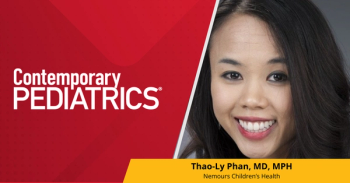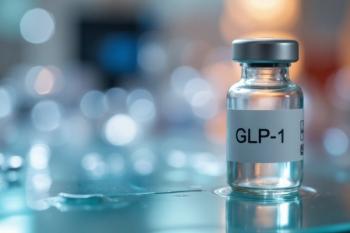
Is increased fructose consumption tied to obesity
Findings of a study comparing relative changes in cerebral blood flow (CBF) in response to glucose and fructose in specific regions of the brain that regulate appetite and reward processing suggest that the answer to this question could be yes.
Findings of a study comparing relative changes in cerebral blood flow (CBF) in response to glucose and fructose in specific regions of the brain that regulate appetite and reward processing suggest that the answer to this question could be yes.
Study participants were 20 adults with a mean age of 31 who ingested either a fructose or glucose drink in the first of 2 sessions then switched to the other drink in the second session. For both sessions, investigators used magnetic resonance imaging to measure relative changes in hypothalamic regional CBF after glucose versus fructose ingestion. Participants also completed a visual analog scale before and after scans to assess the effect of fructose and glucose on appetite and provided blood samples that were used to measure hormone responses to the 2 sweeteners.
Ingestion of glucose, but not fructose, reduced CBF in the hypothalamus, insula, and striatum-brain regions that regulate appetite, motivation, and reward processing-an indication of satiety in initially hungry individuals. Glucose also increased functional connections between the hypothalamic-striatal network and increased satiety and, compared with fructose, resulted in larger increases in circulating satiety-signaling hormones such as insulin. Similarly, although participants reported significant differences in feelings of fullness and satiety before and after consuming the glucose drinks, they did not experience these differences when the drink was sweetened with fructose (Page KA, et al. JAMA. 2013;309[1]:63-70).
Commentary
This is a fascinating study. It offers evidence that satiety, and therefore obesity, depends not only on how much but what you eat. The implications are vast, linking obesity and neurophysiology to the food-processing industry and public health.
Newsletter
Access practical, evidence-based guidance to support better care for our youngest patients. Join our email list for the latest clinical updates.







